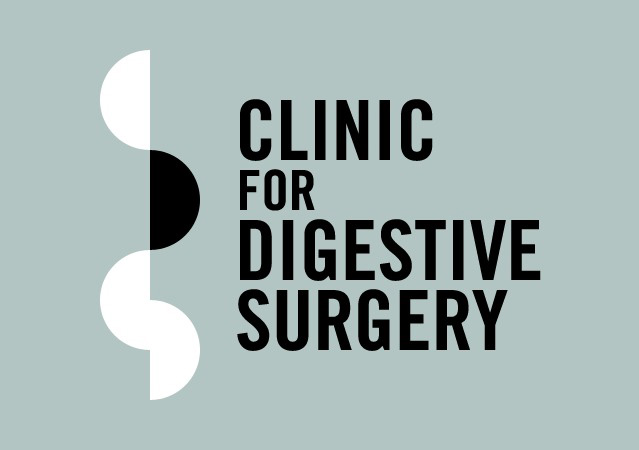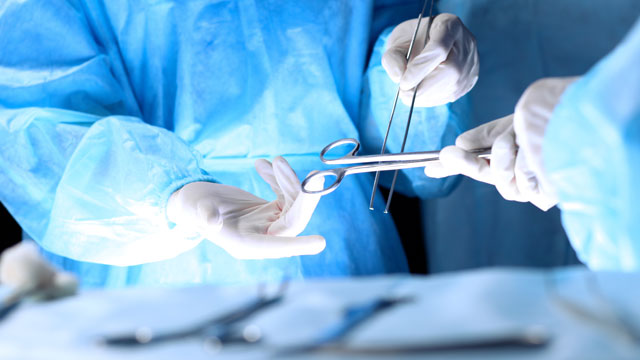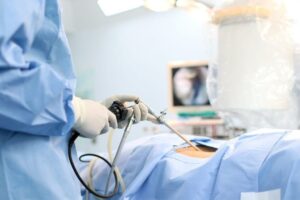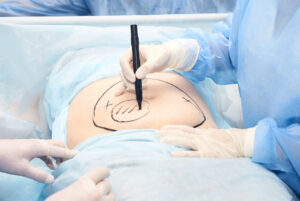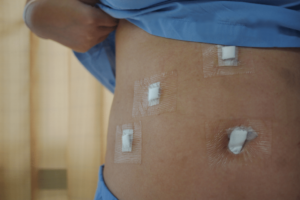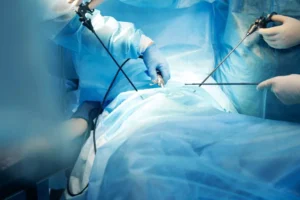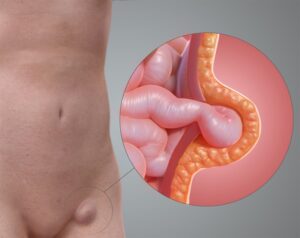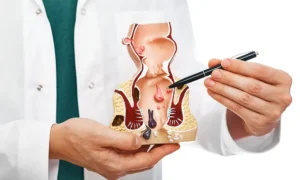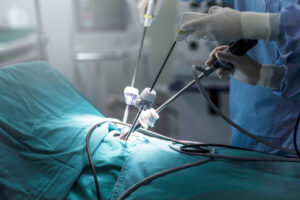What is General Surgery?
General surgery is a medical specialty that involves surgical procedures to treat a wide range of conditions affecting various parts of the body. General surgeons are trained to manage surgical conditions involving the gastrointestinal tract, liver, pancreas, gallbladder, bile ducts, and other abdominal organs. They also handle hernias, certain skin conditions, and soft tissue disorders.
Conditions Treated by General Surgery
General surgery can address several conditions, including:
Hernias
Protrusions of an organ or tissue through an abnormal opening, often in the abdominal wall or groin.
Gallbladder Disease
Conditions such as gallstones and cholecystitis (inflammation of the gallbladder).
Appendicitis
Inflammation of the appendix, usually requiring urgent surgical removal.
Gastrointestinal Obstructions
Blockages in the intestines that prevent the normal movement of contents.
Diverticulitis
Inflammation or infection of small pouches (diverticula) that can form in the walls of the colon.
Tumours and Cancers
Removal of benign or malignant growths from various organs, including the stomach, colon, liver, and pancreas.
Soft Tissue Infections
Infections involving skin and soft tissues that may require surgical drainage or removal.
Trauma
Emergency surgical interventions for injuries to the abdomen and other areas.
Types of General Surgical Procedures
There are several types of general surgical procedures, each tailored to treat specific conditions. Some of the common procedures include:
Hernia Repair
Surgical repair of hernias, which can be performed using open surgery or minimally invasive techniques like laparoscopy.
Cholecystectomy
The removal of the gallbladder, commonly performed to treat gallstones or gallbladder inflammation.
Appendectomy
The surgical removal of the appendix, usually performed as an emergency procedure for appendicitis.
Bowel Resection
The removal of a portion of the intestine to treat conditions such as cancer, diverticulitis, or bowel obstructions.
Laparoscopy
Surgical removal of one or both breasts, typically to treat or prevent breast cancer.
Mastectomy
Emergency surgical interventions for injuries to the abdomen and other areas.
Biopsy
The removal of a small sample of tissue for diagnostic purposes, often used to diagnose cancer or other diseases.
Preparing for General Surgery
Preparation is crucial for a successful surgical outcome. Here’s what you can expect:
Pre-Surgical Evaluations
Your doctor will conduct a thorough medical evaluation, including physical exams, blood tests, imaging studies (such as CT scans or MRIs), and possibly endoscopic procedures to assess your condition and determine the best surgical approach.
Medications
You may be instructed to stop certain medications before surgery, especially blood thinners, to reduce the risk of bleeding.
Fasting
You will need to fast for a specified period before surgery, usually starting the night before, to ensure your stomach is empty.
Lifestyle Adjustments
Quitting smoking and reducing alcohol intake can improve your recovery outcomes. Your doctor may provide specific guidelines based on your condition and the type of surgery.
What to Expect During Surgery
General surgeries can be performed using traditional open surgery or minimally invasive techniques such as laparoscopy. The choice depends on the specific condition, the patient’s health, and the surgeon’s expertise.
Anaesthesia
You will receive general anaesthesia, ensuring you are asleep and pain-free throughout the procedure.
Surgical Procedure
The duration and complexity of the surgery will vary based on the type of surgery being performed. Minimally invasive surgeries generally have shorter recovery times and less postoperative pain compared to open surgeries.
Monitoring
Throughout the surgery, your vital signs will be closely monitored to ensure your safety.
Recovery After General Surgery
Recovery times and post-surgical care will vary based on the type of surgery and individual factors. Here’s what to expect:
- You may need to stay in the hospital for a few days to a week, depending on the surgery and your recovery progress. During this time, your medical team will monitor your vital signs, manage pain, and watch for any complications.
- Initially, you may be on a liquid or soft diet, gradually transitioning to regular foods as your digestive system heals. Your doctor or a dietitian will provide specific dietary guidelines to follow.
- Light activity and walking are encouraged to promote circulation and prevent blood clots. However, you should avoid strenuous activities and heavy lifting for several weeks.
- Regular follow-up appointments are essential to monitor your recovery, address any concerns, and adjust medications if needed.
Caring for Yourself at Home
Proper care at home is crucial for a smooth recovery:
- Keep surgical wounds clean and dry. Follow your doctor’s instructions on how to care for your incisions and watch for signs of infection, such as redness, swelling, or discharge.
- Take prescribed pain medications as directed. Over-the-counter pain relievers may also be recommended for managing mild discomfort.
- Follow your doctor’s dietary recommendations. Eating small, frequent meals can help ease digestion and prevent discomfort.
- Stay well-hydrated by drinking plenty of fluids, unless otherwise advised by your doctor.
- Ensure you get plenty of rest to help your body heal. Listen to your body and avoid overexertion.
Potential Complications
While general surgery can be highly effective, it does carry risks, as with any major surgery. Potential complications include:
Infection
Surgical site infections or internal infections can occur, requiring antibiotics or additional treatment.
Bleeding
Excessive bleeding during or after surgery may necessitate blood transfusions or further surgery.
Bowel Obstruction
Scar tissue from surgery can sometimes cause bowel obstructions, requiring further treatment.
Hernia Recurrence
Hernias can recur at the surgical site, potentially requiring additional surgery.
Blood Clots
Deep vein thrombosis (DVT) or pulmonary embolism (PE) can develop, necessitating measures to prevent clots, such as blood thinners and compression stockings.
